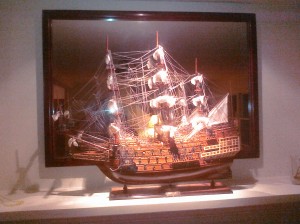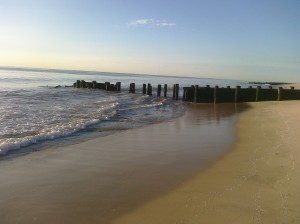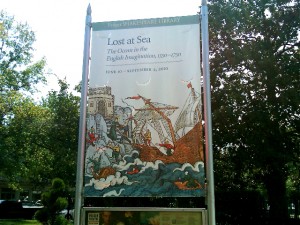Yesterday we were talking about how grad students need to be self-interested readers, looking at least as much to advance your own projects as to be a good student who reads what he/she is supposed to. (I know we’re all “good students” in this group.)
Thinking back, I realized I had a perfectly good example of that sort of self-interested classroom behavior on my side. When we were talking about emptiness in “our revels now are ended,” I was (not quite consciously) thinking about the paper that I’m presenting at the end of the semester as George Washington U’s “TemFest II” event on Dec 3:
(Scroll down a little to get to TemFest II.)
Maybe I’ll use this paper as my “work in progress” for the seminar. I’m going to talk about gaps and vacancies in the play and its after life — my opening line will be, “The Tempest is full of holes” — with some attention to the Roman poet Lucretius and his “atomist” theories of matter and empty space.
I also note, if anyone wants to make a field trip, that the Dec 3 event in DC is open to the public & should be lots of fun.

![[Spieghel der Zeevaerdt. English] The mariners mirrour ...](http://stevementz.com/wp-content/uploads/2010/09/Mariners-Mirror-222x300.jpg)


